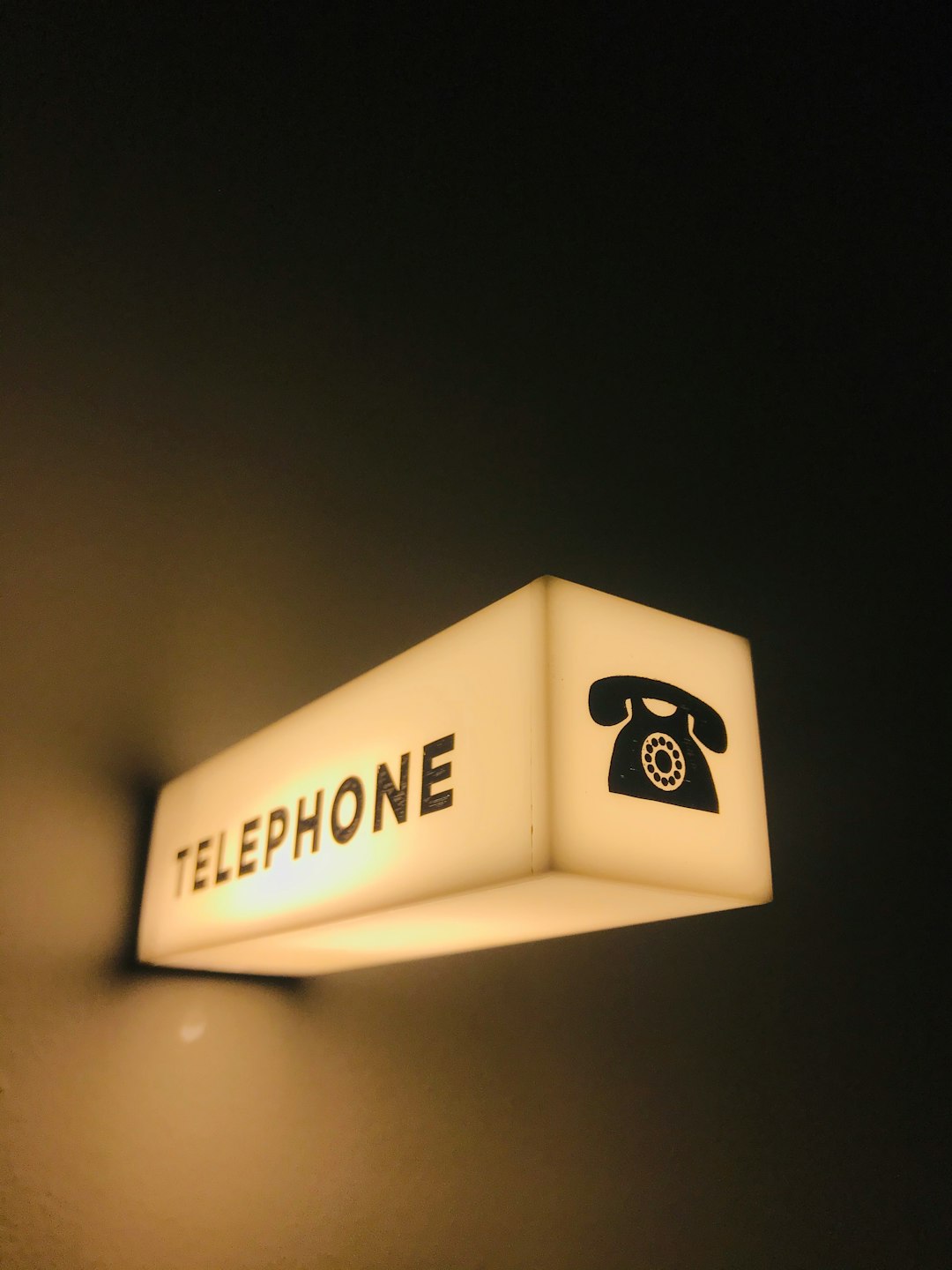The Do Not Call (DNC) laws in Iowa, enforced by the Federal Communications Commission (FCC) and Federal Trade Commission (FTC), protect residents from unwanted telemarketing calls. Consumers can register on the National Do Not Call Registry and seek legal assistance from Do Not Call Lawyers Iowa to prevent nuisance calls and maintain privacy. The FCC sets standards for call tracking, caller ID accuracy, and business disclosures, investigates complaints, and takes action against violators. The FTC manages DNC registrations, enforces regulations heavily, and educates consumers about their rights. Recent joint cases highlight the regulatory agencies' commitment to protecting Iowa residents from aggressive telemarketing practices, with Do Not Call Lawyers Iowa available for legal counsel.
“Uncovering the vital roles of regulatory giants, the Federal Communications Commission (FCC) and the Federal Trade Commission (FTC), in safeguarding consumer privacy through Do Not Call (DNC) laws. This comprehensive piece explores the intricate balance these agencies maintain between protecting individual rights and fostering business growth. From understanding the legal framework to examining real-world case studies, including successful FTC and FCC enforcements in Iowa, we delve into the significance of DNC laws in today’s digital age, offering insights for consumers and businesses alike, especially those seeking Do Not Call lawyers in Iowa.”
Understanding Do Not Call Laws: A Brief Overview

The Do Not Call (DNC) laws are a series of regulations designed to protect consumers from unwanted telemarketing calls, ensuring they can opt-out of receiving marketing messages. These laws are crucial in maintaining privacy and preventing nuisance calls, especially for individuals who value their peace and quiet. The Federal Communications Commission (FCC) and the Federal Trade Commission (FTC) play pivotal roles in enforcing these regulations across the nation, including in Iowa, where Do Not Call lawyers assist residents in navigating this legal landscape.
Iowa’s Do Not Call laws are no different, offering residents the right to block telemarketing calls from various sources. The state’s consumers can register their phone numbers on the National Do Not Call Registry, a federal list that prohibits telemarketers from calling registered numbers. Local Iowa Do Not Call lawyers help citizens understand their rights and take action against violators, ensuring compliance for businesses while providing guidance to those affected by unwanted calls.
The Federal Communications Commission (FCC): Its Role and Responsibilities

The Federal Communications Commission (FCC) plays a pivotal role in enforcing Do Not Call (DNC) laws, ensuring that citizens are protected from unwanted telemarketing calls. With its authority to regulate interstate and international communications, the FCC oversees various aspects of communication technology, including wireless, broadcast, satellite, and cable services. One of its key responsibilities is to prevent fraud and abuse in telemarketing practices, thereby safeguarding consumers’ privacy and peace of mind.
In Iowa, where many residents have registered on the state’s Do Not Call list, the FCC’s guidelines are crucial. It sets rules for call tracking, caller ID accuracy, and disclosure requirements, ensuring that businesses adhere to DNC regulations. The commission also investigates complaints related to telemarketing violations, taking action against companies or individuals who disregard these laws. By doing so, it reinforces the rights of Iowa’s Do Not Call registrants and helps maintain a more orderly and respectful communication environment.
The Federal Trade Commission (FTC): Enforcing Privacy Rights

The Federal Trade Commission (FTC) plays a pivotal role in enforcing privacy rights under the Do Not Call (DNC) laws. With its broad mandate to protect consumers, the FTC ensures that businesses adhere to strict guidelines regarding telemarketing practices. This includes monitoring and taking action against companies that violate DNC registrations, which are managed by the National Do Not Call Registry. The commission has the power to impose significant fines on violators, serving as a powerful deterrent for Do Not Call lawyers Iowa often encounter during their practice.
The FTC’s enforcement efforts go beyond financial penalties. They also educate consumers about their rights and provide resources to help them manage unwanted calls. By fostering awareness and implementing robust regulations, the FTC contributes to a quieter, more peaceful environment for consumers who wish to avoid intrusive telemarketing calls.
Case Studies: Successful Enforcements of DNC Laws by FCC and FTC in Iowa

In recent years, the Federal Communications Commission (FCC) and the Federal Trade Commission (FTC) have played pivotal roles in enforcing Do Not Call (DNC) laws, particularly in Iowa. One notable case study involves a joint effort between these regulatory bodies to combat aggressive telemarketing practices that violated the DNC registry. The case highlights the effectiveness of their collaboration, resulting in significant penalties for non-compliant call centers operating within the state.
Through diligent investigation, the FCC and FTC discovered that a series of calls originating from out-of-state companies were targeting Iowa residents, despite their registration on the national DNC list. This coordinated enforcement action led to successful prosecution, sending a clear message to other telemarketers: compliance with DNC regulations is mandatory. The resulting judgment included substantial fines and an order to cease all unauthorized calls, demonstrating the regulatory agencies’ commitment to protecting consumers from unwanted telephone solicitations.






